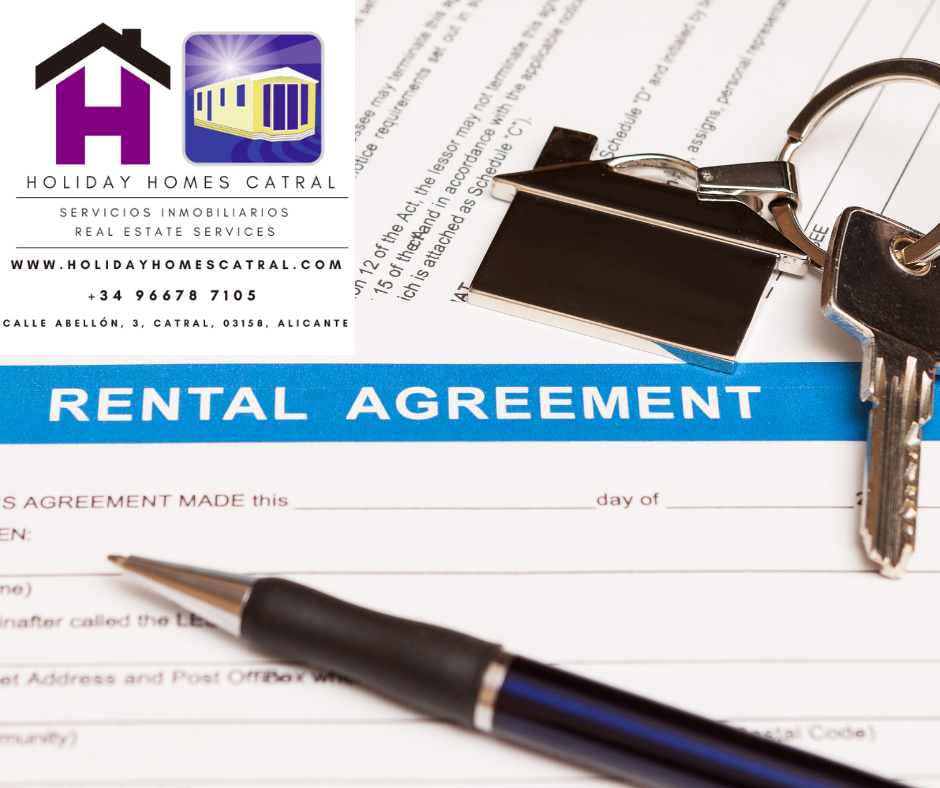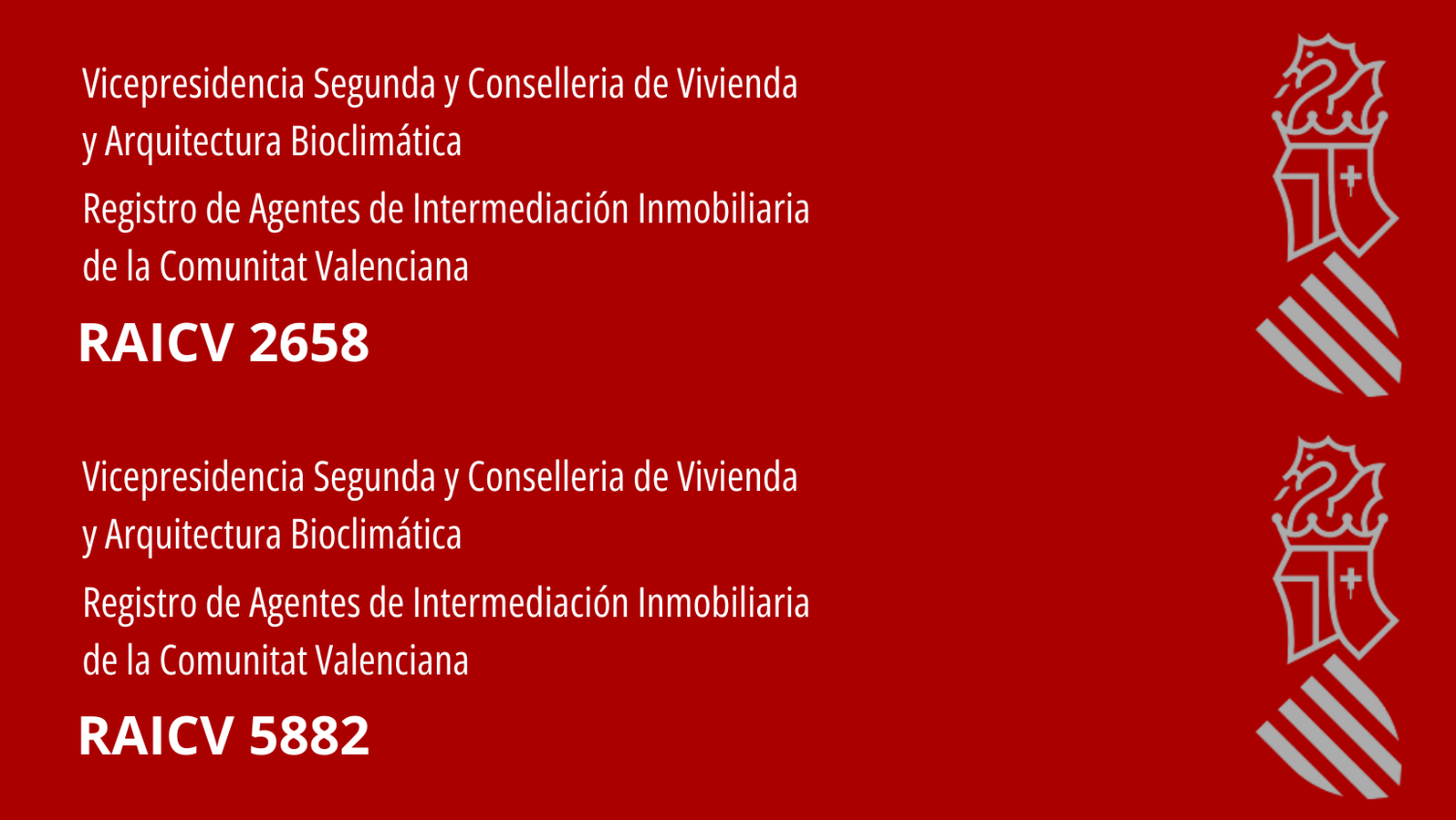What to Know Before Renting a Property in Alicante Province
13/10/2025

Renting a property in Alicante Province can be an exciting step, whether you are relocating for a new lifestyle, seeking a holiday base, or simply testing the waters before buying. The Costa Blanca attracts tenants from all over the world, and while the process is straightforward, it is important to understand the rules, responsibilities, and costs before you sign on the dotted line.
The Legal Framework
In Spain, most residential rentals fall under the Ley de Arrendamientos Urbanos (LAU). This law governs the rights of both landlords and tenants. Some key points to keep in mind:
-
Long-term rentals are generally considered contracts of 12 months or more. Tenants have the right to extend their stay up to 5 years if the landlord is an individual, or 7 years if the landlord is a company, provided they comply with the contract.
-
Short-term rentals under 11 months are usually designed for temporary stays and do not give the same long-term protections. These are common for holidaymakers or people on fixed-term assignments.
-
A contract should always be in writing and signed by both parties. Verbal agreements or informal deals are risky and not recommended.
Deposits and Guarantees
By law, the landlord must take a minimum one-month deposit for residential rentals. Many landlords request an additional guarantee, usually one or two extra months, especially if the property is furnished or of higher value. These amounts are refundable if the tenant leaves the property in good condition and all bills are settled.
Who Pays What?
It is important to be clear on financial responsibilities before moving in:
-
Tenant usually pays: monthly rent, utilities such as water, electricity, gas, and internet, and sometimes rubbish tax.
-
Landlord usually pays: community fees, property tax (IBI), and home insurance.
Contracts can vary, so make sure everything is written clearly.
Setting Up Utilities
Tenants may need to transfer utility contracts into their own name, which requires proof of identity, the rental contract, and in some cases a bank account in Spain. This is standard procedure and ensures that you have full control of your consumption and bills.
Registering on the Padrón
Anyone renting in Spain long-term should register at the local town hall (ayuntamiento) on the municipal register known as the padrón. This is proof of residence and is needed for things like healthcare, schooling, and vehicle registration.
Income Declaration for Landlords
Landlords must declare rental income to the Spanish tax authorities, even if they are non-residents. Tenants are not responsible for this, but knowing your landlord is compliant can give peace of mind.
Insurance and Peace of Mind
Landlords are strongly advised to hold home insurance that covers both the property and third-party liability. Tenants can also consider a contents insurance policy to protect their personal belongings.
Final Thoughts
Renting is a fantastic way to experience the Costa Blanca lifestyle, but taking the time to understand the legal framework and practical steps will save stress later on. At Holiday Homes Catral, we make sure every rental is handled transparently with contracts that protect both tenants and landlords. From preparing the paperwork to ensuring utility setup runs smoothly, our goal is to help you settle in with confidence.
If you are thinking about renting in the Alicante Province, get in touch with us today and we will be happy to guide you through the process.
